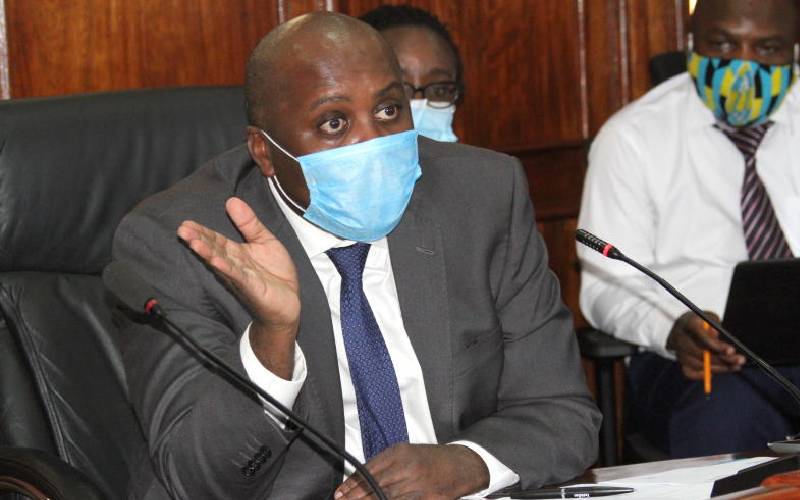×
The Standard e-Paper
Home To Bold Columnists

Telkom Kenya is in a spot for charging private data service providers millions of shillings to use the National Optic Fibre Backbone Infrastructure (Nofbi) despite the expiry of a Government contract.
A parliamentary watchdog committee was alarmed that since June 2016–when the five-year contract ended–Telkom Kenya has continued to bill other private service providers without any legal engagement.